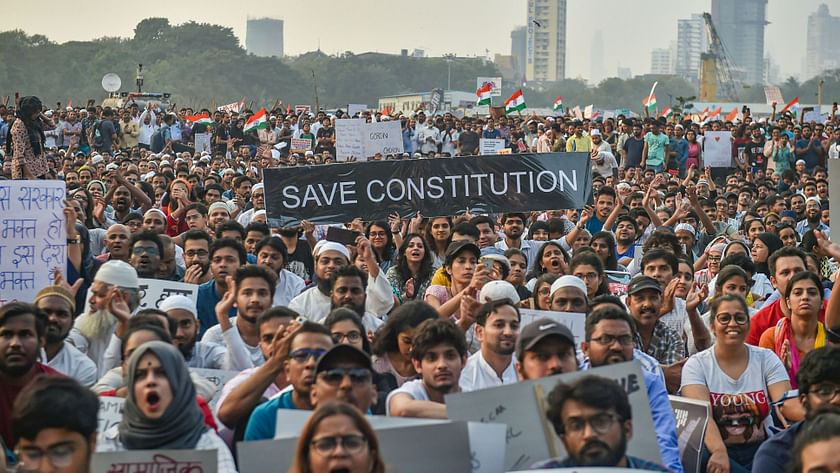To be or not to be - A patriot.
- Team Opinionated

- Aug 1, 2018
- 2 min read
- Hritvik Polumahanti
In recent times, there have been many instances of a person's patriotism being questioned. It could be as trivial as the debate about the national anthem being acknowledged in movie theatres or the entire "anti-national" propaganda. However, the case that baffles me most is that of students going abroad to study or talented professionals who seek employment in other countries. Time and time again, the choices of such youngsters have been associated with their 'dwindling' patriotism.
I’ve come to realise that patriotism is not the same as nationalism. Nationalism, as a concept, entails the principles of absolute devotion to one country. A nationalist will strongly regard their own country in a higher esteem than any other country. On the other hand, a patriot's opinions are relatively subdued and rational. Thus, the question of challenging an individual's sense of patriotism should not arise in the first place. In my opinion, it is laughable to even discuss the degree of an individual’s patriotism. After all, patriotism is an emotion. Patriotism refers not to a political virtue but to a spiritual attachment to the nation. Thus, instead of linking patriotism to the preservation of political liberty, I associate love of one’s country with the preservation of a common culture and the spiritual unity of a people. Patriotism cannot and should not be forced over people simply by passing meaningless legislature. Isn’t patriotism a choice? Do we not deserve to make that choice?
Europe and North America have two of the finest centrally-organised education systems in the world. Even though India is catching up and evolving rapidly, there is still a lot to be achieved. Compared to the Indian education system, several other countries have far more rewarding programmes. There is no concept of caste-based reservation and corruption in the education sector is almost unheard of. Despite there being multiple reform movements, I may choose to study abroad simply because there already exists an avenue to fulfil my ambitions and pursue further studies in a more liberal and flexible environment. As for employment opportunities, people may choose to work in other countries for various reasons: higher pay-grade, social security, tax benefits, government spending, healthcare, etc. In a country like India, opportunities are tough to get by. There are so many people seeking jobs but there just aren't enough jobs to offer. This, in no way, implies that some countries have perfected the system. Each country has its own shortcomings just as we have ours. And that is exactly why a choice is available to youngsters. Today, the population has the right to actively make a choice of either going abroad or staying back in their own country.
However, neither of these decisions can be judged or associated with completely unrelated subjects- like patriotism. If an individual feels that another country's structural apparatus is more suited to their needs and aspirations, they cannot be deemed unpatriotic in any respect.


Comments